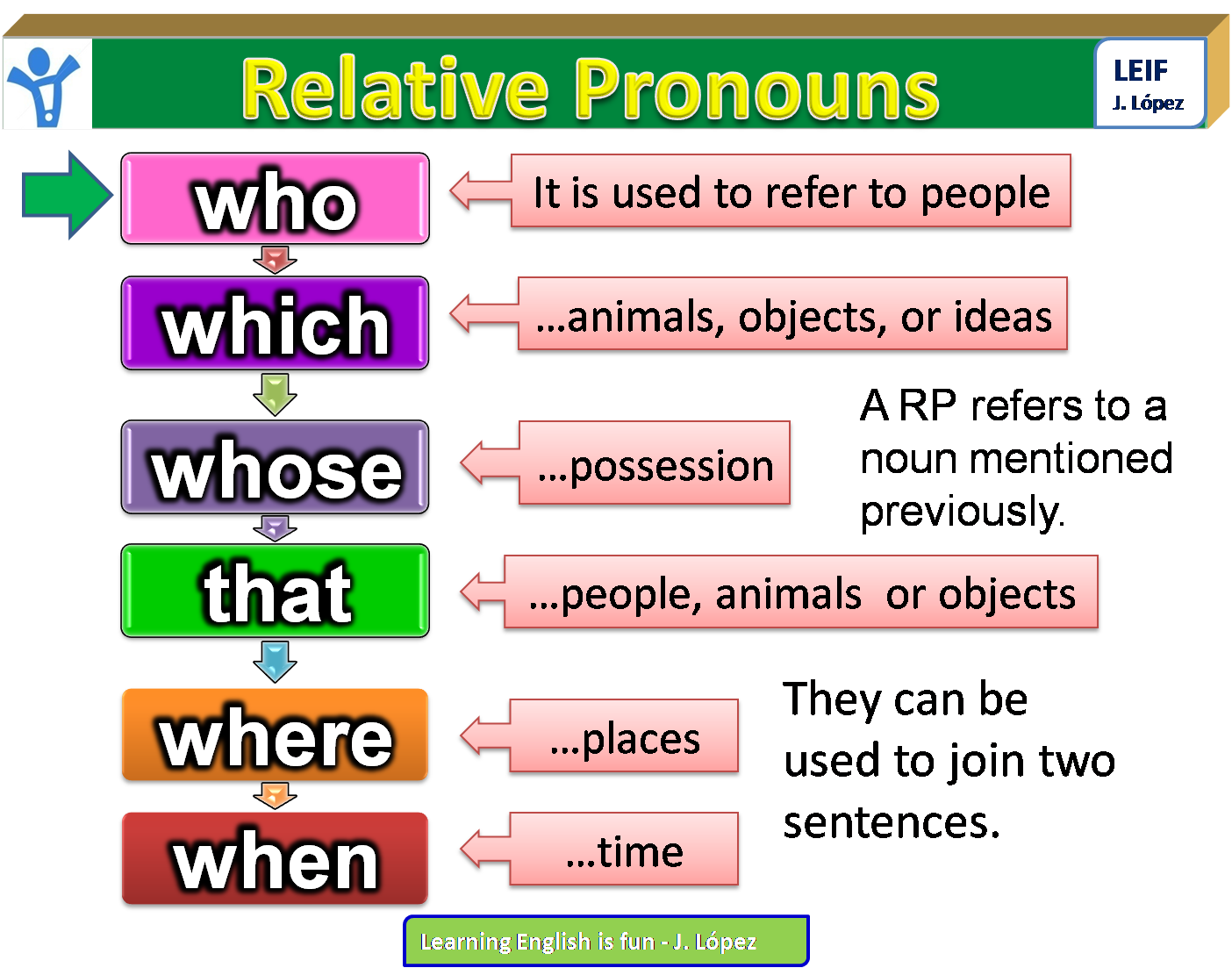Week 5 unit 7 ( first cut )
RELATIVE CLAUSES
Hello guys, welcome to my blog, once learned in the last class. In the vast world of English grammar, "relative clauses" play a crucial role in giving life and context to our sentences. If you've ever wondered how to add additional information to a noun without repeating yourself or creating confusion, relative clauses are the answer. They are like windows that open onto a world of details, allowing us to expand our language and communicate more precisely.
In this blog, we will further explore relative clauses from start to finish. From the most common relative pronouns to the difference between restrictive and explanatory clauses, you will dive into the subtleties of this essential part of English grammar. Together, we'll break down examples, navigate conversations, and unravel the nuances that make relative clauses so powerful in language construction.
To begin we will make a detailed explanation in order to fully enter a conversational activity. so let's get started
Definition of Relative Clauses (Restrictive Relative Clauses):
These relative clauses provide essential information to identify the noun to which it refers. They are not separated by commas.
Example: "The book I'm reading is really interesting."
In this case, the relative clause "that I am reading" is essential to understand what book is being talked about.
Non-defining explanatory relative clauses:
These relative clauses provide additional information, but are not necessary to identify the main noun. They are separated with commas.
Example: "My friend Jane, who loves animals, adopted a stray cat."
In this case, the information that Jane likes animals is additional but not essential to understanding who Jane is.
Most common relative pronouns:
Who: Used for people.
Which: Used for things or animals.
That: It can be used for people, things or animals (especially in defining relative clauses).
Cuyo: Indicates possession and is used for both people and things.
Whom: Used in more formal situations instead of "who" as a direct object.
Examples of Sentences:
Defining relative clause: "The car I bought is red."
Non-defining relative clause: "My brother, who is a doctor, lives in New York."
Definition of relative clause with "Whose": "The author whose book I am reading will give a lecture."
Non-defining relative clause with "Which": "The computer, which is new, failed unexpectedly."
Pedro: Hey, have you seen the movie everyone is talking about?
Danielle: Oh, you mean the one that came out last week? I haven't had a chance to see it yet.
Peter: Yes, that's it. It's supposed to be really good. The director, who also directed my favorite movie, did a fantastic job.
Danielle: Oh, I didn't know. I will definitely check it out. By the way, do you remember the book our English teacher recommended to us?
Peter: Of course! It's the novel that explores the theme of time travel, right?
Danielle: Exactly. I'm halfway there and it's quite captivating. Have you read anything else by the same author?
Pedro: Yes, I read another book that was published last year. It is about a detective who solves complex mysteries.
Danielle: Oh, I think I've heard of that one. I enjoy mysteries, so I might give it a try. By the way, have you met Sarah's new boyfriend?
Peter: Yes, I did. He is the boy she met during her trip to Europe.
Danielle: The tall guy with glasses, right? He seemed really friendly.
Peter: That's him. They make a great couple. And did you notice Sarah's necklace whose pendant has a small diamond?
Danielle: Yes, I saw it. It is a beautiful piece of jewelry. Speaking of jewelry, did you see the ring that Mark gave his girlfriend?
Pedro: No, I missed that. Was it a surprise proposal?
Danielle: Absolutely. He proposed to her while on vacation in Hawaii. The ring, which is spectacular, has a sapphire in the center.
Pedro: Wow, sounds like a dream proposition. It's wonderful when such happy moments are shared.
Danielle: Definitely. It's moments like these that remind us of the beauty of life.




Comentarios
Publicar un comentario